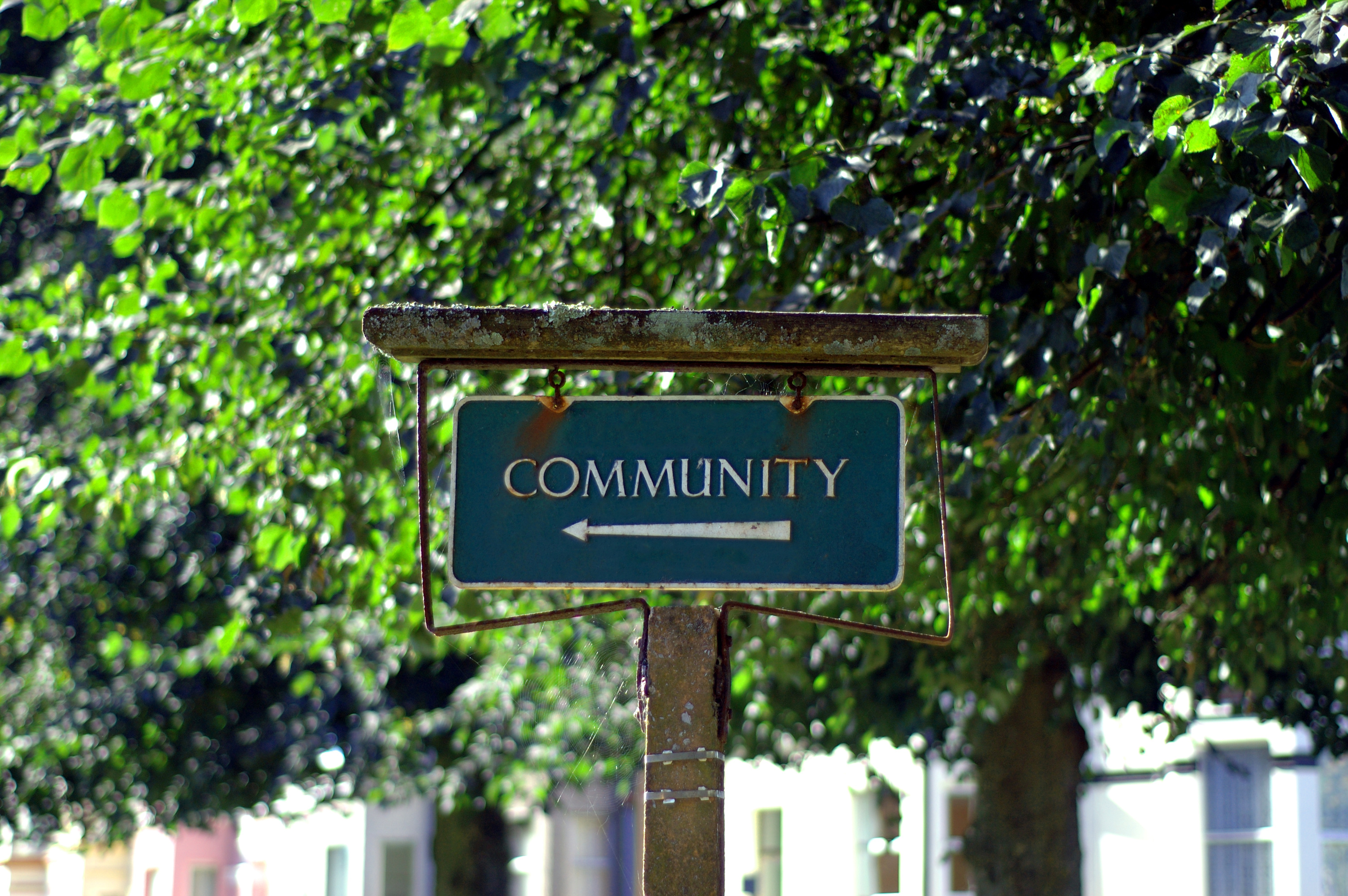Tomorrow is World Social Work Day (WSWD), and this year the focus is on community sustainability. The theme is inspired by the third pillar of the Global Agenda for Social Work, which was created in 2010 to integrate the aims and aspirations of social workers across the world. It stresses the important role of social workers in prompting sustainable communities and environmentally sensitive development.
This includes:
- working closely with other partner agencies – including those beyond social work – to create communities of practice, particularly in relation to environmental sustainability;
- promoting community capacity building, through environmentally friendly and sustainable projects, where possible; and
- responding to environmental challenges, including helping communities to be resilient to and recover from environmental and natural disasters, as well as in relation to “human disasters” which includes refugee families fleeing persecution or war.
But how does this play out in everyday practice?
Supporting integration
Across the world, social workers are being asked to address ‘human disasters’ as they seek to support and integrate refugee families fleeing persecution and war in conflict zones. Some of the biggest challenges for social workers today relate to refugee and displaced communities. As well as dealing with the effects of trauma, they also help integrate refugees successfully into existing communities and build bridges with others to promote cohesion, reduce tensions and help them make positive contributions to society. Social workers also have a responsibility to encourage all members of the community to help with this support and integration process.
However, in a UK context, supporting people to make positive contributions to their community is not limited to refugee families. It also relates to intergenerational work, valuing the experience of older people, developing the skills of vulnerable adults, or encouraging children to feel connected to a place and community so that they might better take care of it as they grow up.
Supporting sustainability
The role of social workers in supporting the sustainability agenda may not be so obvious. The ability of social workers to adapt and respond to the needs of communities which are experiencing environmental sustainability issues is of growing importance in developing countries. However, social workers in the UK can still contribute to this element of the global social work agenda.
This includes behaving in a way that recognises the need to protect and enhance the natural environment. In practice, this may mean social work departments having policies on going paperless where possible, recycling in offices, and reducing the use of cars, or car sharing (for frontline social workers, however, this is often impractical).
Social work practice can also consider how it supports sustainable social development outcomes within a community, and maintaining personal CPD, education and training levels to reflect this. There should also, as always, be an attempt to share best practice and learn from others.
Final thoughts
This World Social Work Day, let’s take a moment to reflect on the positive contributions that social work professionals are making to their communities as well as to the lives of individuals. It’s also a chance to consider what the future might hold for the profession and how it can continue to promote and support the growth and development of sustainable communities.
If you would like to follow the events going on to mark World Social Work Day or, share any of your own stories you can do so on twitter using the hashtag #WSWD17.
We regularly write on social work topics. Check out some of our previous articles:
- Digital technology in social work practice
- Parental capacity to change: a new approach to child protection assessments
- Child neglect, wellbeing and resilience – adopting an art’s based approach
- Fathers and social services – is there a failure to engage?
- Recognising the value of foster care
- Overworked and under-resourced – ‘mission impossible’ for social workers?
And follow us on Twitter to see what developments in public and social policy are interesting our research team.
Share
Related Posts
By Donna Gardiner While free school meals (FSM) have been available in England on a means-tested basis since 1944, recent years have seen a renewed focus upon the potential benefits of providing free school meals to all school-aged children. Currently, ....
Today sees the start of Community Garden Week 2023. Across the UK, communities will be celebrating the many and varied types of community gardens, from children’s and neighbourhood gardens to therapy gardens and allotments. The benefits of community gardens are ....
By Hollie Wilson At the start of 2020, an independent review was published setting out what needed to be done to bring about changes to the care system for children and young people in Scotland. At the heart of the ....
The “No Wrong Door” (NWD) programme means exactly that – there is no wrong door to turn to for young people seeking support. NWD works on several core principles, which include working with young people’s birth family or guardians, allowing ....

